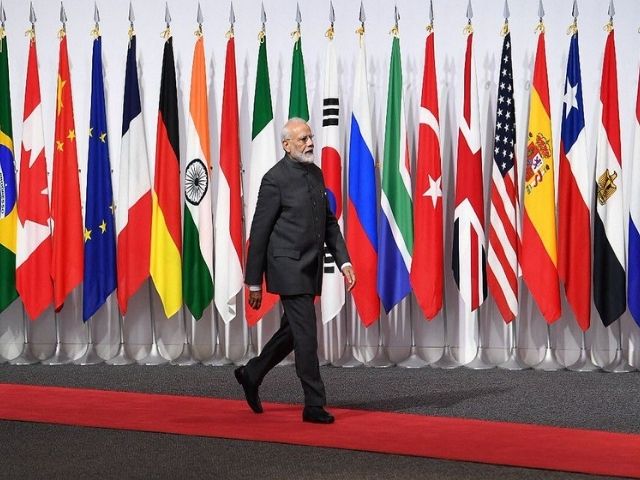
India’s G20 Presidency : Lessons From The Past And Opportunities For Future (Part II)

In the Part 1 of this article, we analysed the hurdles India faced due to the onset of insurgency and terrorism, as well as how coalition politics kept successive governments busy which put the foreign policy on the back-burner, thus allowing China to establish diplomatic ties not only with our immediate neighbours but elsewhere in the world. It further analysed India’s participation in various international forums, especially SAARC and SCO, and how conflicts between the key focus areas of these forums as well as other global issues messed up their entire purpose.
In this Part, we shall analyse the present challenges faced by India as the Chair of G20 and how it needs to take lessons from the past to derive maximum results from its one-year stint as G20 president.
Part II : India’s Presidency of G20 : Challenges and Opportunities
” We tried hard but could not bridge the differences over Ukraine. If we had a perfect meeting of minds, there would have been a collective statement. There were differences over only two paragraphs that related to Ukraine and that there had been consensus on “95 per cent” of the issues discussed, which included international development cooperation, efforts to combat climate change, health care, gender equality, food and fertilizer supply chains and the fight against terrorism.
Dr S Jaishankar, EAM, India
G20 Foreign Ministers’ Meet, 2nd Mar 23
India’s G20 Presidency hit a yet another challenge when only two paragraphs on differences over the Russia-Ukraine war compromised the release of an entire communiqué at the Foreign Ministers’ meet on 2nd March. G20, essentially an economic forum, has ventured into multifarious areas including security, climate change, etc and drifted away from its core theme of economic development and partnerships, thus failing to arrive at a consensus on any issue at all. India’s G 20 Presidency should, therefore, take lessons from the past, learn and unlearn from the mistakes and challenges as was analysed in the Part I of this paper. There is thus a need to convert those challenges into opportunities for the future.
G20 initially was an economic forum with 19 countries and the European Union, most of which are developed or in the category of developing countries. The aim was to provide financial stability and bring parity among the member states. The G20 was upgraded to the level of Heads of State/Government in the wake of the global economic and financial crisis of 2007, and, in 2009, was designated the “premier forum for international economic cooperation”. Over the years, the G20 has expanded its role into global security, terrorism, environment, etc., taking new members into its fold.
The G20 has a distinguished way of functioning, wherein its Presidency steers the agenda for one year and hosts the Summit. The G20 consists of two parallel tracks: the Finance Track and the Sherpa Track. Finance Ministers and Central Bank Governors lead the Finance Track, while Sherpas, the personal emissaries of respective leaders, lead the Sherpa Track after the Finance Track. In addition, there are various Engagement Groups that bring together people from various cross-sections of society. The G-20 does not have a permanent headquarters; instead, it is led by a troika of three member countries, including the previous, current, and incoming Presidencies; in this case, Indonesia, India, and Brazil. Thus, India will have a role to play in the G20 until next year, as it will continue to be part of the troika until then.
As discussed earlier, one year is an extremely short term to leave an impression on any alliance to leverage your own advantage. Further, there are numerous challenges that India as well as the G20 face today. Accordingly, India has to innovate ways and means to take the G20 journey to a logical conclusion, both in terms of the core area concerning the Financial Track as well as other issues of international interest led by the Sherpa Track. A few associated challenges and the road ahead for India are discussed in the succeeding paragraphs.
Likely Challenges and Associated Opportunities
Russia-Ukraine Conflict. As indicated above, the ongoing Russia-Ukraine conflict has split the opinions of the world community. India has been under immense pressure from the world community to oppose Russia, but it has stood firm on its opinion on putting sanctions on Russia for the ongoing conflict. Owing to such close ties with Russia, India is in a good position to hold talks with Russia for the termination of the ongoing conflict, and the same was recently endorsed by the German Chancellor, Mr Olaf Scholz. Thus, India has played on to this challenge very well, getting crude oil at reasonable prices, getting through the S 400 deal as well as maintained ability to put across the Russian view to the rest of the world and play a decisive role in ending the conflict.
Chinese Aggression. The Chinese aggression towards India along the Northern Borders as well as its debt diplomacy with a few immediate neighbours have been an area of concern for India. India-China ties have gone worse after the Galwan conflict, which will pose a challenge to India in its Presidency of both the G20 and the SCO. However, the opportunity to enhance ties with member nations as the Chair of G20 and SCO, especially those in Central Asia and Africa, can boost India’s global presence and counter the expansionist ideology forced upon the region by China.
Resurgence of COVID. The past couple of months have witnessed the return of the COVID pandemic in China. There is a possibility of the pandemic spreading to other parts of the world. However, India, with its successful vaccine diplomacy, will thwart such challenges and play a vital role in assisting friendly nations. Similarly, India also has the opportunity to roll out an action plan to counter similar biological threats in the future by forming an alliance of likeminded nations.
Global Economic Slowdown. The post-COVID era has brought in a phase of global economic slowdown in many parts of the world. Despite a rough patch during the second COVID wave, India was able to achieve a growth rate of more than 7%, which is among the highest in the world. India’s oil diplomacy with Russia during its war with Ukraine has also positively contributed to its growth story. India can play a vital role in formulating similar forums aimed at regulating oil prices, irrespective of the dominance of the West.
Security Related Issues : Terrorism, Extremism, Radicalism & Associated Evils. The core agenda of the G20 is economic cooperation between member nations; however, in the past few years, this has been deflected into security-related issues, including terrorism. Channelling the energy and resources of a group of nations into an agenda for which there are dedicated forums, including the UN, deflects the primary aim in another direction. Hence, India should dedicate its G20 Presidency to formalising result-oriented agendas to show its dedication and commitment to resolving long-pending issues, especially economic cooperation.
Climate Change. With the primary theme of the G20 being economic cooperation, a focus on climate change with an eye toward developed nations can bring immense positivity among the member nations classified as “developing nations.”
Global South. India has immense capability to lead the charge for development and the mutual exchange of ideas and innovations for the growth of “developing nations,” also known as the “Global South.” India can use its G20 presidency stint to form an alliance dedicated to the “Global South” for the establishment of a new world order, an agenda that the Indian Prime Minister, Mr. Narendra Modi, had projected at length during his speech during the “Voice of the Global South Summit” in January 2023. India should also look forward to utilising this opportunity as the G20 Presidency to forge similar issue-based forums with likeminded nations, which is discussed further in the paper.
India’s Internal Dynamics. As happened in 1983, the assassination of Mrs Indira Gandhi, Cold War dynamics elsewhere in the world and subsequent coalition/ weak governments in India ensured that India was unable to come out with a concrete foreign policy. The G20 Presidency is a chance for India to understand the dynamics of various nations within the region, as well as across the continent (Africa, Eurasia, Australia) and elsewhere in the world to come out with a basic framework of its foreign policy. Efforts should be made to seek ideas from all sections of the society and attempt to bring in a ‘common minimum framework’ to work upon. Once formalised, the same can then be taken ahead by other pillars of democracy despite change in ruling dispensation(s). It is to be ensured that this framework is kept away from influence of change in governments so that India’s foreign policy agendas can be kept on track.
Final Takeaways for G20 Presidency: A Suggested Approach
The International Order has always remained dynamic; the issues and challenges applicable during the 1980s are no longer applicable today. The Cold War was largely about the arms race, nuclear proliferation, and clashes of ideologies. Terrorism and the rise of private/non-state actors who use the power of technology in the form of information warfare, artificial intelligence enabled drones and robots, cryptocurrencies, and so on are examples of modern-day challenges. Therefore, the international forums of yesteryear, including the UN and even SAARC, may not be applicable today and need reform. UN reforms are already under global iterations; SCO would merely give an outreach to the Central Asian nations; however, SAARC is an outdated concept, especially in the light of Chinese incursions among the member nations and further into larger South Asia. As India moves towards the 100th anniversary of its independence, the positivity gained by the nation cannot be compromised for lack of a strong foreign policy and partners.
Exclusive Issue Based Forums. In the era of multilateralism, India needs to follow this principle of moving away from existing power centres. The P5 at the UNSC have had their way for almost 80 years attempting to create a “rule-based order” and ending up with a plethora of goodies from “Pandora’s Box” with weapons of mass destruction, global warming, insurgency and terrorism, abuse of human rights, and the list goes on. Thus, India needs to find friends among the “Global South” as well as in the immediate neighbourhood of “South Asia” and Africa form exclusive issue-based forums with like-minded nations.
Need for Umbrella of Region-Specific Issue-Based Forums. SAARC was an excellent idea and would have created a peaceful and progressive South Asia. However, the differences among member nations on various issues forced yet another alliance in the form of BIMSTEC. There would be differences of opinion among members in each alliance, however, creating new differences by adding more members who do not share the similar ideology is certainly not the way forward. In the case of India, it should lead the way and utilise the G20 Presidency to ideate “region-specific issue-based forums.” There are so many options ~ Global South needs a firm leader, Asia as a continent does not have a formal alliance, and even South Asia needs a leader like India to sail through the next century. Major advantages accrued out of such an alliance will be as under:-
- A common region will have a commonality of issues, as was the case with SAARC. The common issues of trade and commerce, environment, climate change, and disaster relief will be common areas on which these may work.
- Issue-based sub-forums/ groups under the regional forums will ensure that the “common minimum program” of these sub-forums is able to yield results. The lessons learnt from the results therefrom will further improve the existing system as well as prompt other nations to join such forums, thereby creating a symphony in the long run. Contentious issues like terrorism, climate change, and free-trade agreements may form part of such sub-forums.
- There will be no need to have a plethora of issues upon which member nations will disagree and end up compromising the complete agenda of such forums.
- Such steps will boost multilateralism and at least bring in region-specific rule-based order outside the shadow of great powers.
- Give peace-loving nations like India the chance to lead the charge for greater peace and stability in the world.
- In the longer run, prompt other nations of the world to get together to bring about the much-awaited reforms at the United Nations.
Enhancing Soft Power and Budgetary Allocations. India needs to enhance the number of seats for the IFS cadre to suit its growing diplomatic requirements. At the same time, adequate budgetary allocation will go a long way towards diplomatic decision-making and ensure that the Nation is not found wanting at the time of provisioning of aids/ related expenditures.
Conclusion
India definitely needs a robust foreign policy to stay afloat in its tryst towards posing herself as a responsible nation. India’s core principles of multilateralism and the world as a larger family have always proven its credentials across the world community, which is the sole reason for its popularity among developed as well as developing nations alike. Farmers, technical giants, soldiers, scholars, and businessmen alike have ensured that India continues to grow and stay atop economically, not only having the inner strength to withstand COVID-like pandemics, but also giving strength to nations in need.
There is a need for India to move away from existing power centres and form exclusive issue-based alliances with like-minded nations to create a rule-based order. This would be in line with India’s policy of multilateralism, which has repeatedly been adopted by India during the Cold War era (NAM) as well as in the contemporary world (Global South). The next 25 years are going to be extremely crucial for India as it embarks towards the ‘Centenary’ year. There is a need to revisit India’s participation in international forums and make these robust by reframing and realigning to the futuristic needs. Towards this end, having region-specific issue-based forums will go a long way in ensuring development and peace for all. India needs to continue sailing on the powerful mandate given by its people since last one decade and if that happens again in 2024, it may turn out to be a ‘Game-Changer’ for all; as quoted in a famous song of 1974 movie ‘Roti’ – “ये पब्लिक है, सब जानती है” meaning ‘the public knows everything’.
Disclaimer
The opinions expressed in this article are the author’s own and do not reflect the views of Chanakya Forum. All information provided in this article including timeliness, completeness, accuracy, suitability or validity of information referenced therein, is the sole responsibility of the author. www.chanakyaforum.com does not assume any responsibility for the same.
Chanakya Forum is now on . Click here to join our channel (@ChanakyaForum) and stay updated with the latest headlines and articles.
Important
We work round the clock to bring you the finest articles and updates from around the world. There is a team that works tirelessly to ensure that you have a seamless reading experience. But all this costs money. Please support us so that we keep doing what we do best. Happy Reading
Support Us



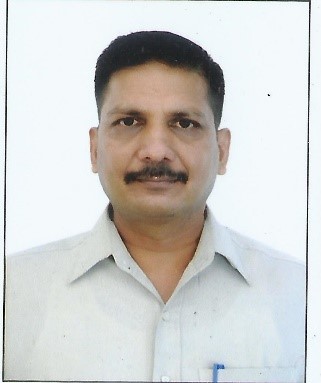

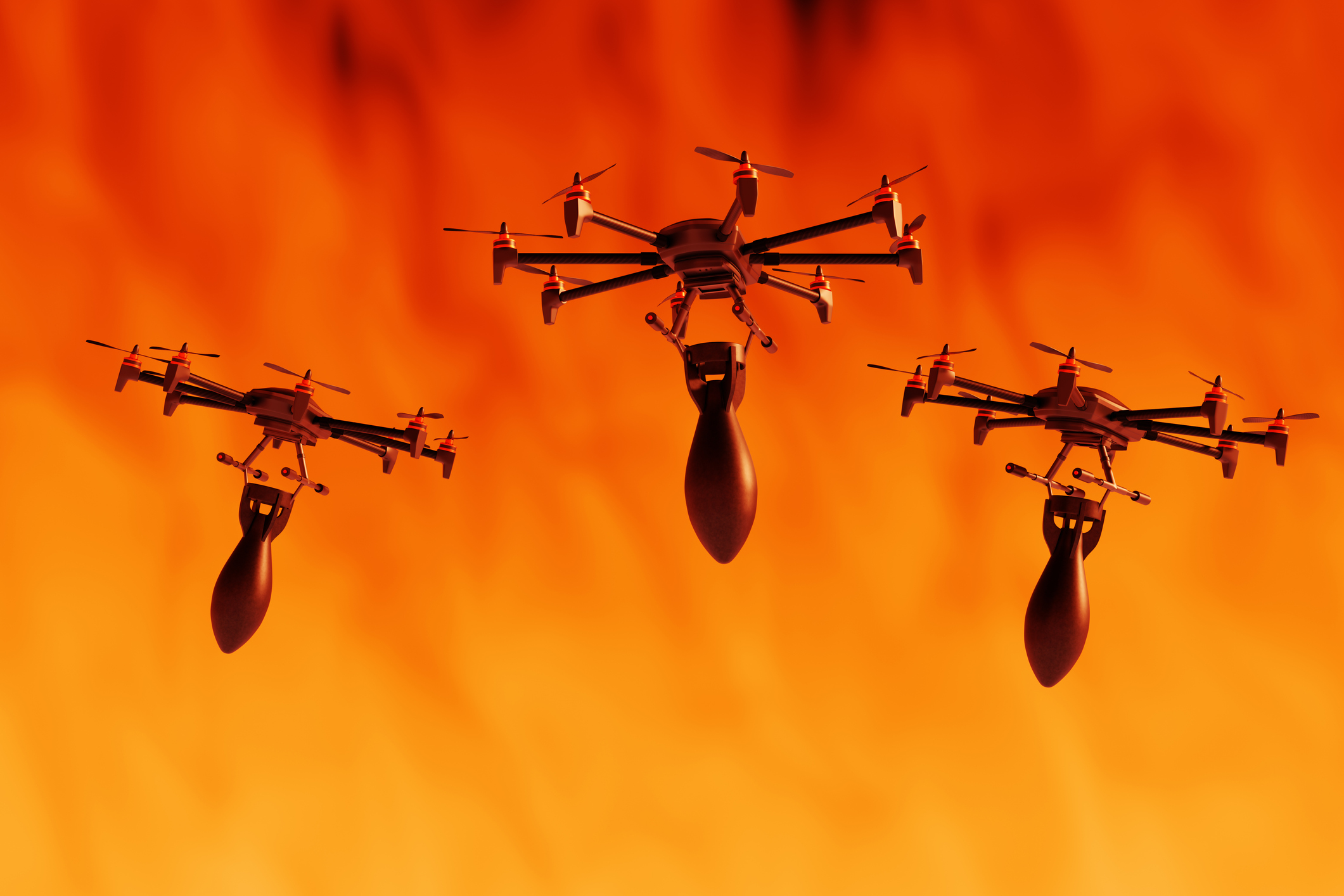


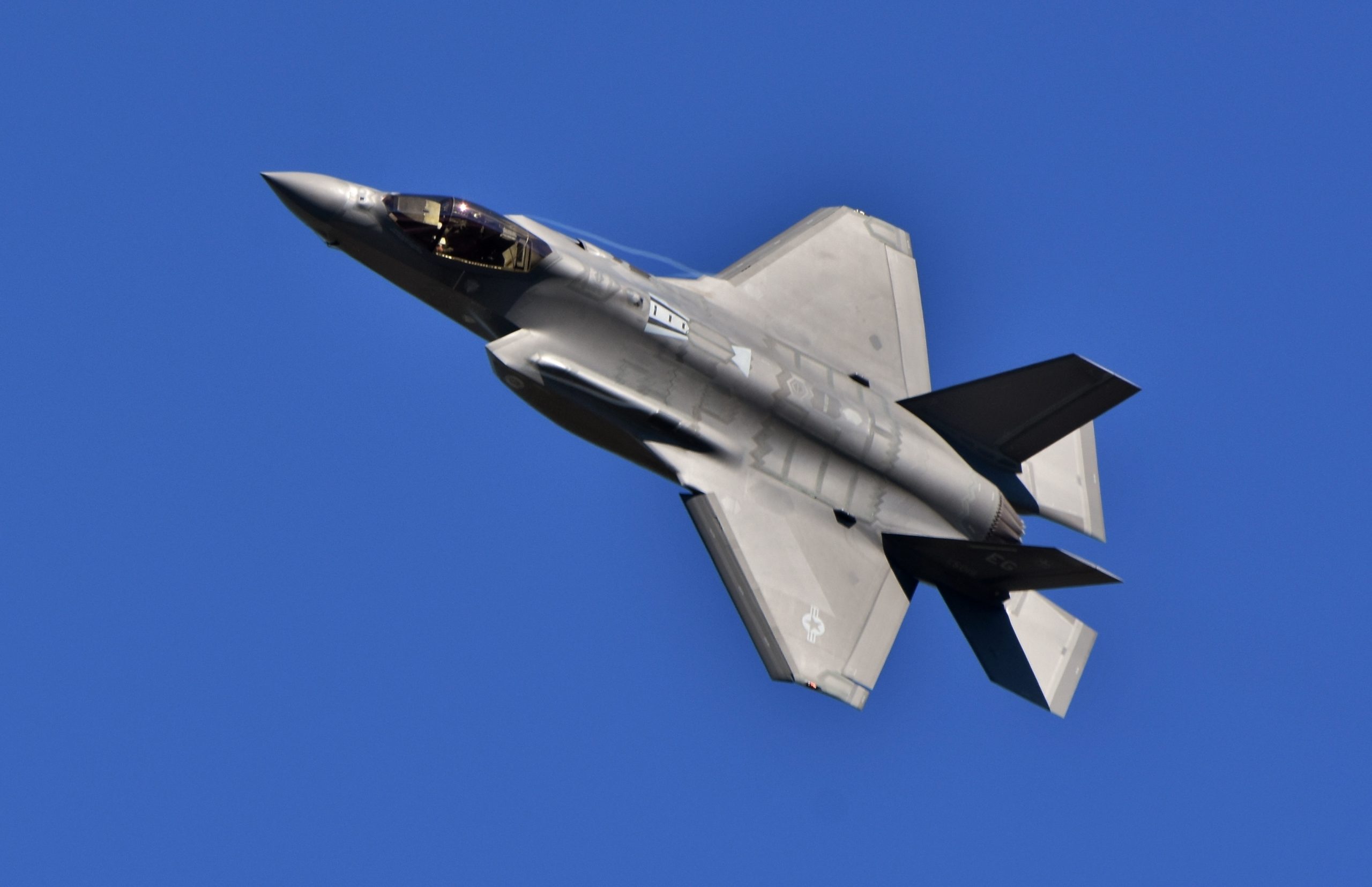
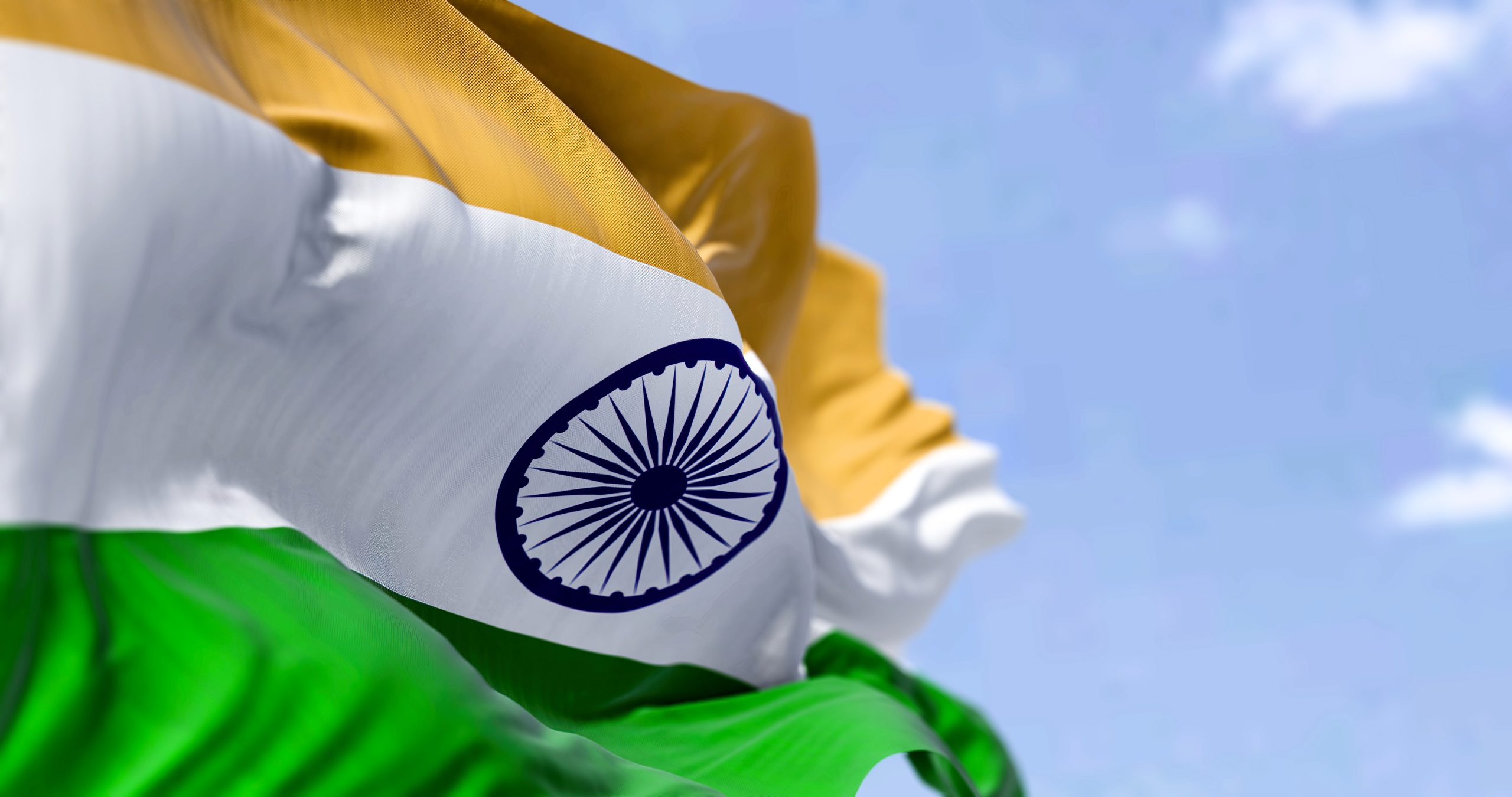
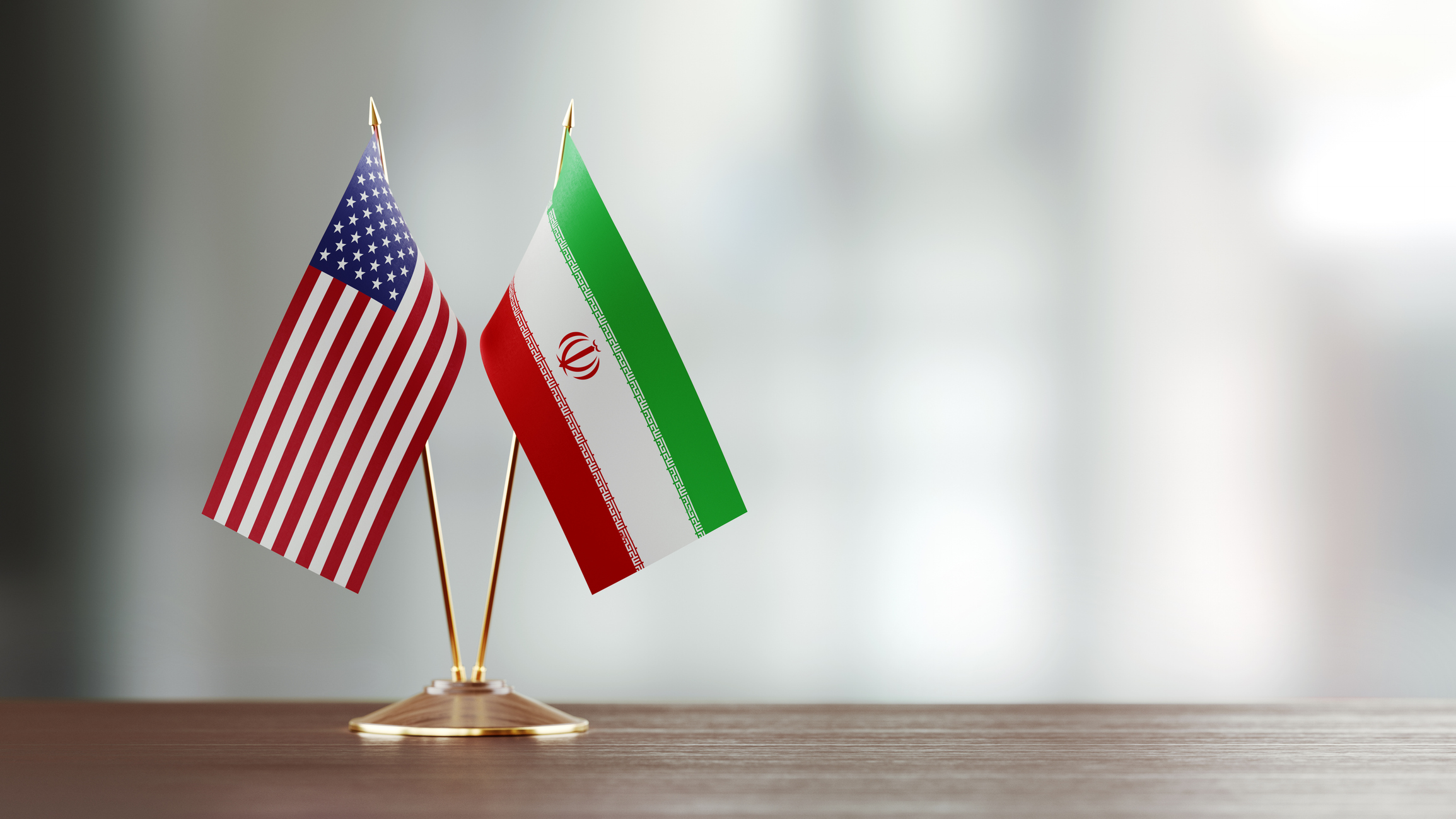
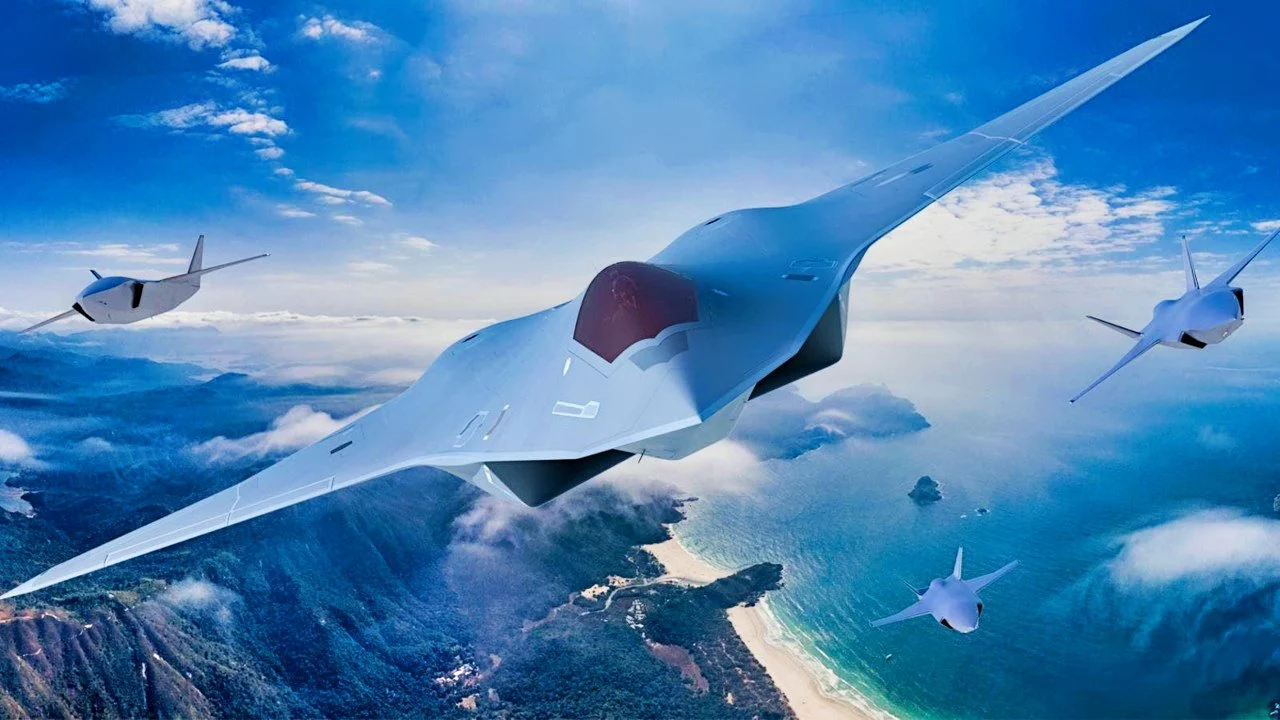
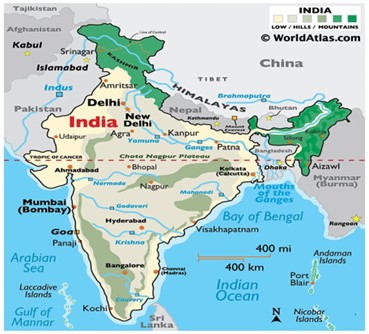








POST COMMENTS (5)
pendik escort
ocaklar kiralık apart
Vergi Ödemesi
casibom güncel giriş
pendik escort